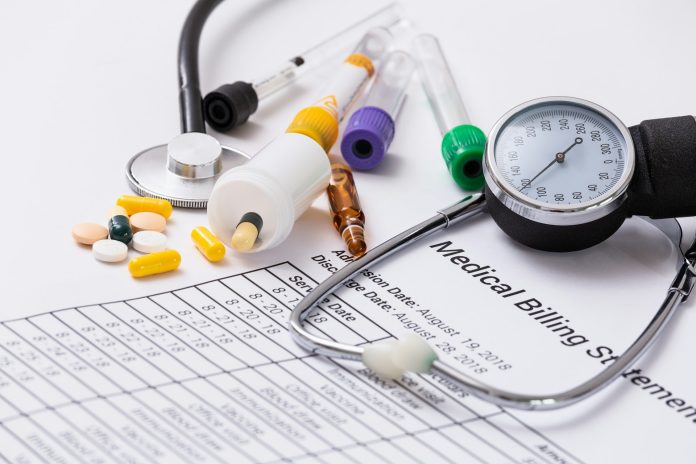
High blood pressure, or hypertension, is often called a “silent threat” because it can lead to serious health problems like heart disease, stroke, and other conditions without showing any obvious symptoms.
Many people rely on medications to manage their blood pressure, but a recent study has raised concerns that not all blood pressure drugs are equally safe.
A Closer Look at Blood Pressure Medications
The study, conducted by researchers at Columbia University, focused on a drug called chlorthalidone, which is commonly prescribed to help control high blood pressure.
The researchers compared the long-term effects of chlorthalidone with another popular blood pressure medication, hydrochlorothiazide.
By analyzing health records from more than 730,000 patients, the researchers found that those taking chlorthalidone were three times more likely to develop a condition known as hypokalemia, which is characterized by dangerously low levels of potassium in the blood.
The Importance of Potassium
Potassium is an essential mineral that plays a critical role in many bodily functions, including muscle contractions, nerve signals, and heart function. Low potassium levels can lead to symptoms like muscle weakness, fatigue, and in severe cases, even heart problems.
The study found that for every 100 patients taking chlorthalidone, six experienced low potassium levels.
In contrast, only two out of 100 patients on hydrochlorothiazide had this issue. This suggests that chlorthalidone may carry a higher risk of potassium deficiency compared to hydrochlorothiazide.
Additional Concerns
Beyond the risk of low potassium, the study also highlighted that patients on chlorthalidone were more likely to experience other mineral imbalances and kidney problems.
These findings suggest that while chlorthalidone is effective at lowering blood pressure, it may have side effects that need careful management.
What Should You Do If You’re Taking Chlorthalidone?
If you’re currently taking chlorthalidone, there’s no need to panic, but it’s important to stay informed. Pay attention to how you’re feeling and discuss any concerns with your healthcare provider.
They might recommend regular blood tests to monitor your potassium levels and kidney function, helping to catch any potential issues early.
The Role of a Healthy Lifestyle
Medication is an important part of managing high blood pressure, but it’s not the only tool available. Adopting a heart-healthy lifestyle can significantly contribute to better blood pressure control.
This includes eating a diet rich in fruits, vegetables, and whole grains, getting regular physical activity, quitting smoking, and reducing alcohol consumption.
Stress management is also crucial. Techniques like deep breathing, meditation, or even taking time to relax can help keep your blood pressure in check.
The research from Columbia University underscores the importance of carefully considering the potential side effects of blood pressure medications.
As studies continue, we may see updated guidelines and recommendations that offer safer treatment options for those managing high blood pressure.
In the meantime, it’s important to keep up with your healthcare appointments and work closely with your doctor to ensure your treatment plan is both safe and effective.
Regular communication with your healthcare provider can help you navigate the risks and benefits of your medication, ensuring the best possible outcomes for your health.
If you care about blood pressure, please read studies about blood pressure drug that may increase risk of sudden cardiac arrest, and these teas could help reduce high blood pressure.
For more information about health, please see recent studies about nutrient that could strongly lower high blood pressure, and results showing this novel antioxidant may help reverse blood vessels aging by 20 years.
Copyright © 2024 Knowridge Science Report. All rights reserved.



